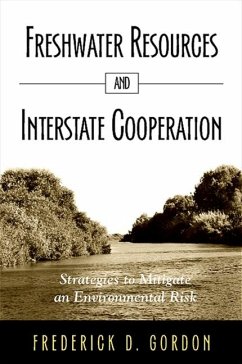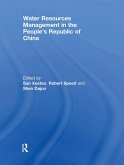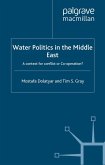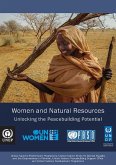Reports from the United Nations suggest that as much as forty percent of the global population could be without adequate freshwater supplies by 2015, leading some experts to predict that future wars will be fought over water rather than oil. Yet to date, most nation-states have been able to develop viable freshwater agreements to share this precious resource. Frederick D. Gordon examines how effective these accords are in sharing and redistributing water and whether they are sufficient to meet the increasing threat of water scarcity. Using an innovative ranking system, he assesses the significance of cooperation within both bilateral and multilateral accords, including the Israeli-Palestinian Interim Accords of 1993-1995, the Lesotho Highlands Water Treaty of 1986, and the 1994 Convention on Cooperation for the Protection and Sustainable Use of the River Danube. Gordon identifies central factors and stakeholders that are necessary for mitigating the risk of conflict and presents a template for understanding how state behavior can manage and sustain regional water resources.
Dieser Download kann aus rechtlichen Gründen nur mit Rechnungsadresse in A, D ausgeliefert werden.









